If you are currently receiving chemotherapy treatment for metastatic colorectal cancer with mets to...

Blader & Bowel
Welcome to the medicinal treatments section where you can find information about some of the medications used to treat bladder and bowel conditions.
Here you will find advice on:
Medicinal treatments will usually be offered to you by your GP if conservative methods haven’t been effective enough alone to treat your condition. It is important to follow the instructions of any medications prescribed by your GP or Healthcare Practitioner. As with any medication, some people may experience side effects. It is important to inform your GP if you do suffer from any side effects.
Please note that the information contained within these pages are a guide only. Your GP will be able to advise on the best methods of treatment for your condition. Please speak to your GP or Healthcare Practitioner before undertaking any of these treatments.

If you are currently receiving chemotherapy treatment for metastatic colorectal cancer with mets to...
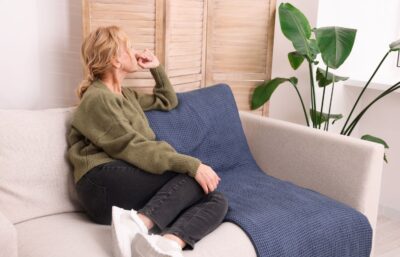
As the name suggests, HRT works by replacing oestrogen, which naturally begins to fall...

We have listed here some of the bladder conditions and symptoms for which alpha...
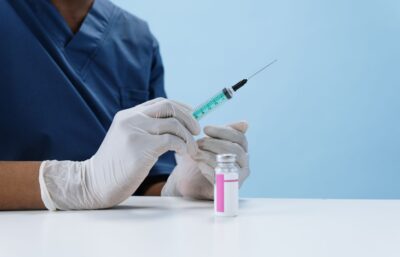
Injectable Treatments are a less invasive treatment option to help improve the lives of...
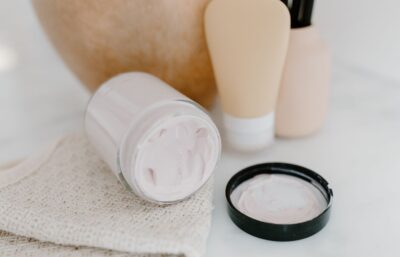
Creams and ointments are a conservative treatment for haemorrhoids and can help soothe any...

There are a number of different suppositories available. Suppositories are placed directly into the...
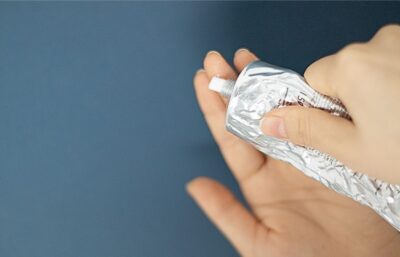
If you have been diagnosed with haemorrhoids you may be prescribed a Corticosteroid cream...
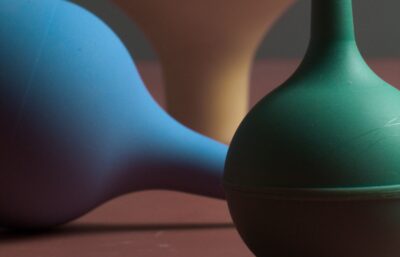
The treatment for faecal impaction aims to clear the impacted faeces out by oral...
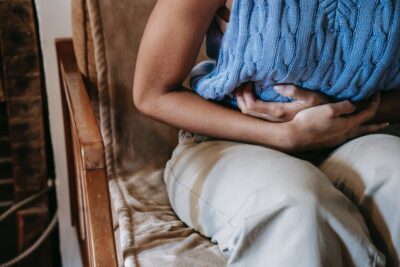
Antispasmodic medicines relax the intestinal muscles and help to slow down bowel movements to...
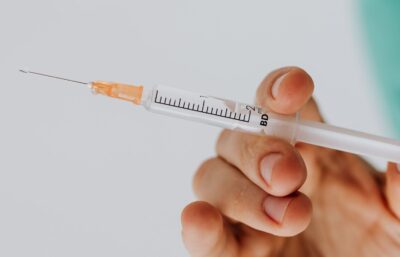
If you have been diagnosed with haemorrhoids (piles) you may be offered Sclerotherapy injections...

Anal irrigation, also known as bowel irrigation, trans-anal irrigation or rectal irrigation is a...
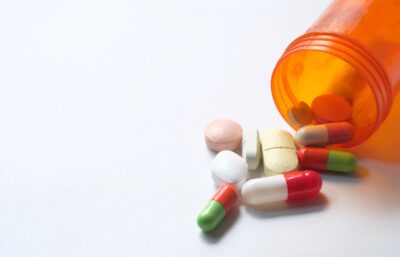
Tolterodine is a medicine used to treat people who have urinary problems such as...
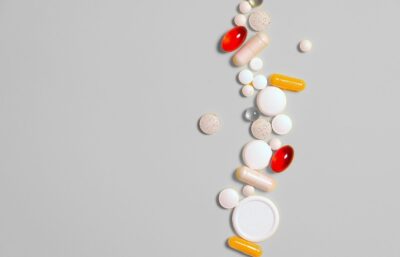
There are several medications available which can help you to control your bladder and...
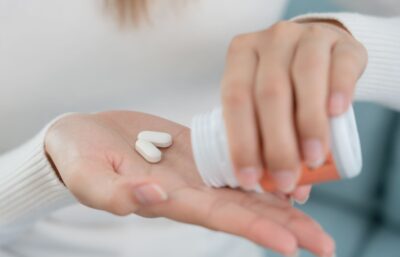
Trospium chloride is a medicine used to help to treat symptoms of an overactive...

Tamsulosin hydrochloride is a medicine which is used to treat benign prostatic hyperplasia.
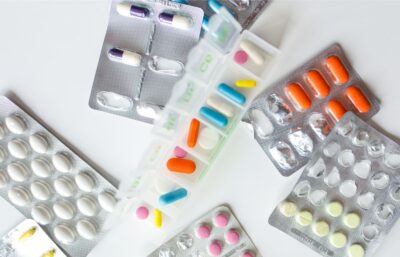
Solifenacin succinate is a medicine used to help treat symptoms of an overactive bladder...
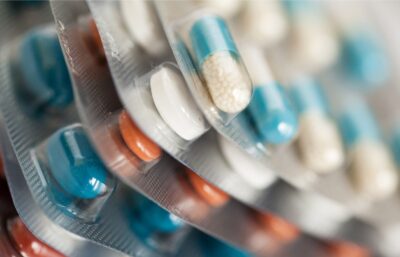
Propiverine hydrochloride is a medicine used to treat people who have urinary problems caused...

There are several medications available which can help you to control your bladder and...

Fesoterodine fumarate is a medicine used to help treat symptoms of an overactive bladder...
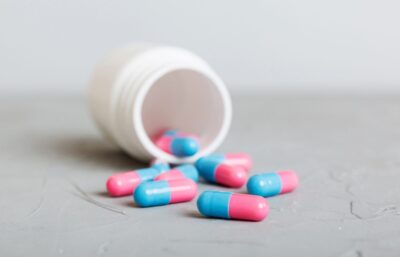
What is Duloxetine? The medication for the treatment of Stress Urinary Incontinence (SUI) is...

A loop diuretic is a medicine taken to treat nocturia and is usually taken in...
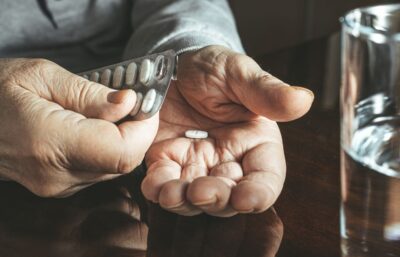
Desmopressin acetate is a hormone which has many effects on the body. It reduces...

Darifenacin hydrobromide is a medicine which is used to treat people who have urinary...

Betmiga contains active substance mirabegron. As a bladder muscle relaxant it reduces the activity...
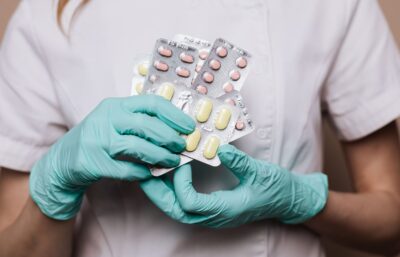
Hydroxyzine hydrochloride is an antihistamine that is used for treating allergic and inflammatory skin...

Antibiotics are often prescribed to treat many different conditions and symptoms.

Anti-inflammatory medicines such as Diclofenac sodium, can help to reduce inflammation and to reduce pain.